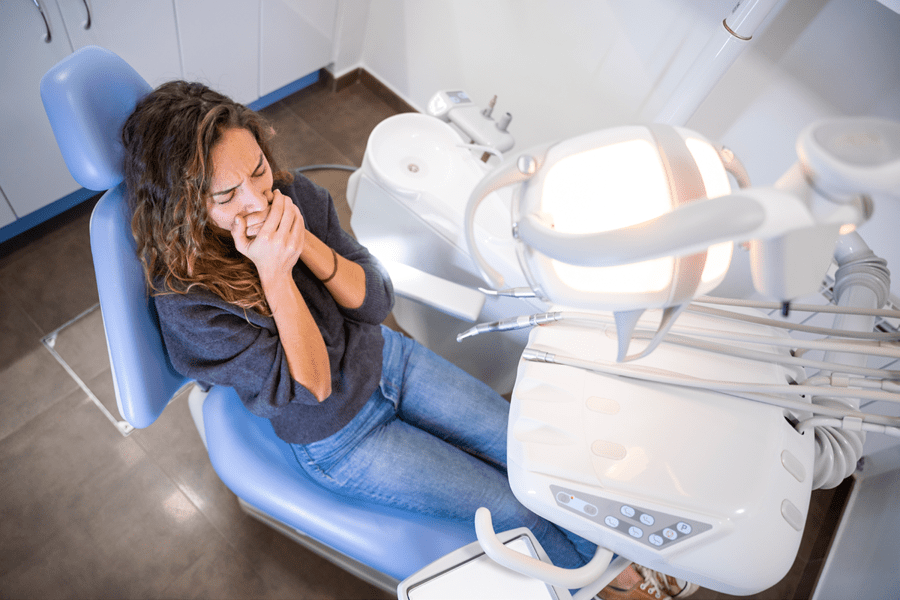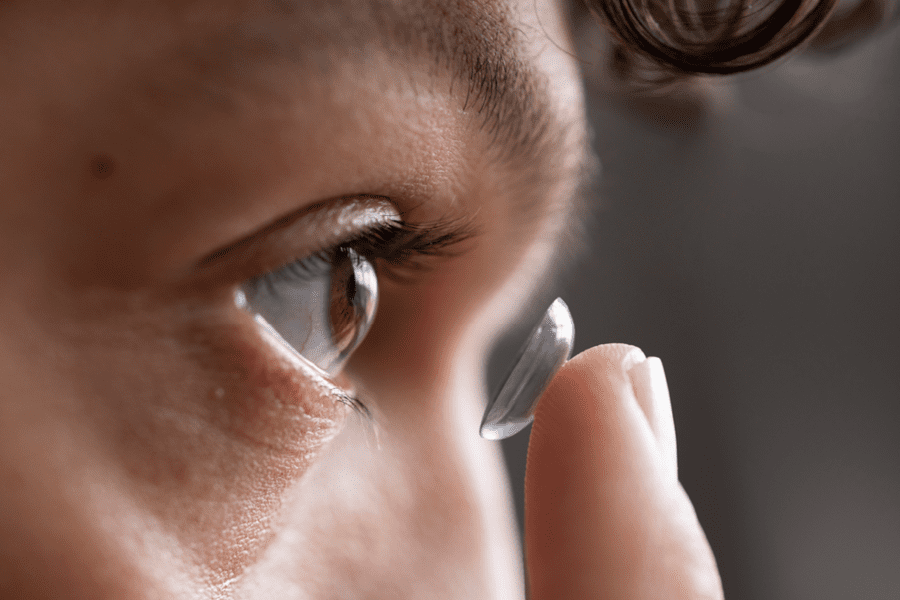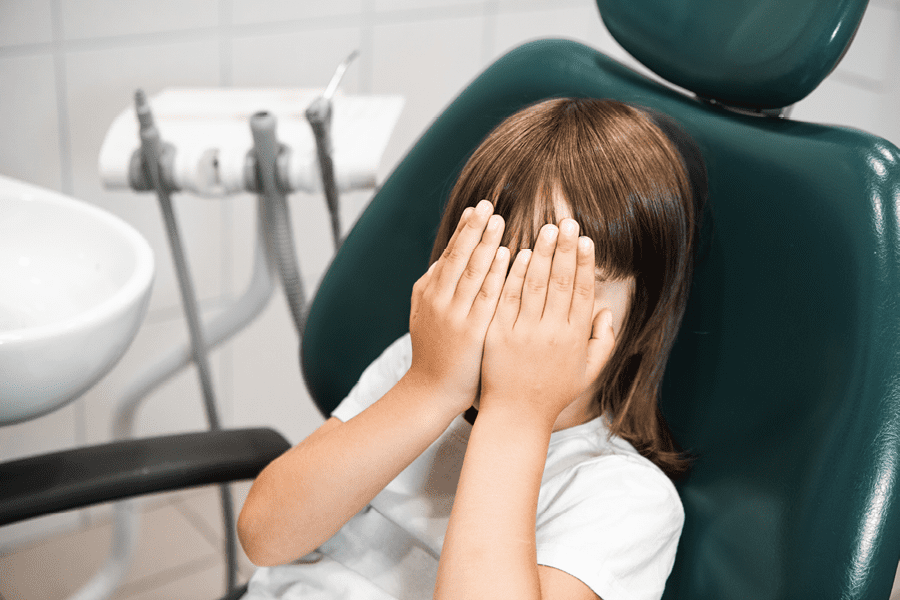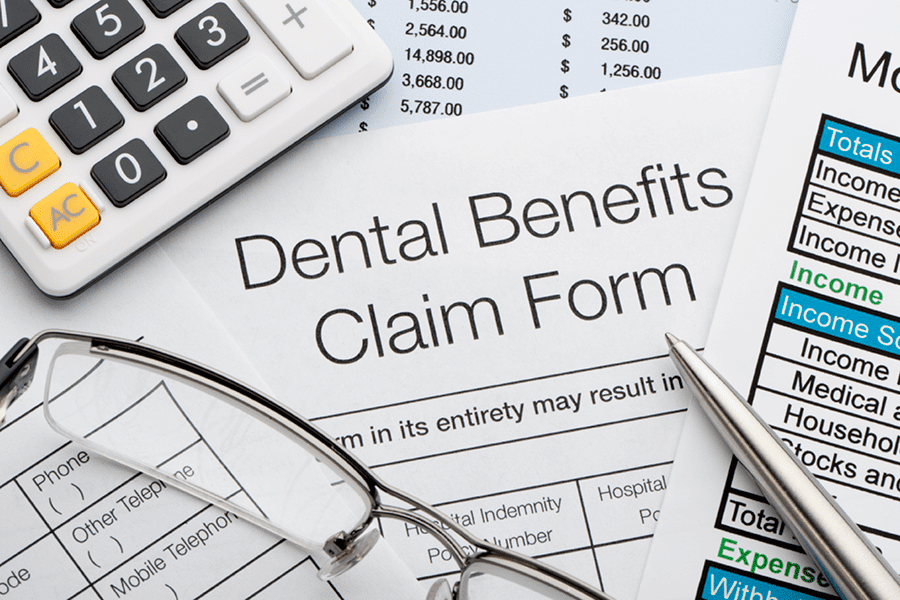Key takeaways about eye protection while playing basketball:
- Basketball has the highest number of sports-related eye injuries compared to any other sport.
- Every athlete, no matter their age, should wear eye protection to preserve their vision and eye health.
- Different sports require different types of eye safety gear. If you’re unsure about the right option, be sure to talk with your coach or eye doctor.
March Madness is officially underway, which means it’s the perfect time to highlight an often-overlooked but important part of the game: eye protection.
Basketball may not be a sport where eye protection is the norm, but adding proper eye gear can make all the difference. This simple step helps safeguard your vision and prevent serious eye injuries.
Eye protection prevents serious harm
Sports-related eye traumas are more common than you may think. According to data from Prevent Blindness, “there were 43,379 sports-related eye injuries treated in the United States in 2024, an increase of 33% from the previous year.”
Prevent Blindness also found that the highest instances of eye injuries occurred in basketball players.
Damage to the eyes can do far more than knock you out of a game. Depending on the severity and nature of the impact, athletes risk long-term vision problems or even permanent loss of sight.
What types of injuries does eye protection prevent?
Sports-related eye injuries range from minor to life-altering. Common traumas to the eyes include:
- Corneal scratches or abrasions
- Optic nerve damage
- Fractures around the orbital bones
- Bruises on eyelids
- Retinal detachments
- Internal bleeding
- Open globe injuries (a break in the eyewall, which can cause permanent vision loss)
Proper eye protection in sports acts as a crucial physical barrier that shields eyes from high-speed impacts, penetrating injuries, and even harmful UV rays.
Properly fitted, sport-specific eye protection made from impact-resistant polycarbonate materials absorbs and disperses force from balls, pucks, elbows, and sticks, preventing serious trauma. In fact, a study in the Journal of Craniofacial Surgery shows that proper eye gear can prevent an estimated 90% of sports-related eye injuries.
How to choose the right eye protection for you
Different sports require specific types of protective eyewear to keep players safe. If you’re unsure what type you need for your sport, consult with your eye doctor or coach to ensure you have the right equipment to stay safe while playing.
For sports like baseball, basketball, softball, racquetball, squash, and mountain biking, safety goggles with polycarbonate lenses are recommended.
When batting in baseball or softball, or playing hockey or tackle football, helmets with attached polycarbonate face shields or face masks are the best options.
Swim safety goggles with polycarbonate lenses offer essential eye protection for water sports such as surfing, water polo, and water skiing.
Certain sports and positions may require specialized eye and face protection beyond standard goggles or helmets. Sports like fencing, lacrosse, paintball, and specific positions like goalie often need additional gear.
Don’t forget to pack eye protection before your next event
Before you head out to your next practice or game, remember to pack eye protection! A simple pair of polycarbonate safety goggles can be the difference between enjoying the game and facing a life-altering injury.
Don’t let an avoidable accident sideline you or your loved ones. Gear up, stay safe, and keep your eyes on the prize on and off the court.
Looking for more information about eye protection? Check out “The importance of eye protection when playing sports”









